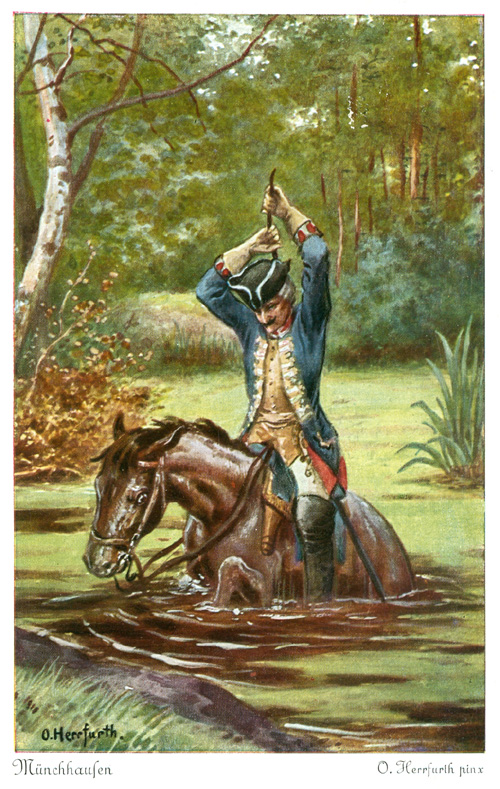The theory of Induction is the despair of philosophy — and yet all our activities are based upon it. (Whitehead, Science and the Modern World)1
In Stephen Hero Joyce wrote: “For Stephen art was neither a copy nor an imitation of nature. The artistic process was a natural process (…) a veritably sublime process of one’s own nature which had a right to examination and open discussion.” (McLuhan, ‘Catholic Humanism and Modern Letters’, 1954), 1999)2
Here is McLuhan further from this 1954 lecture given at St Joseph College in Hartford:
As a teacher of literature I have frequently to explain the nature of metaphor. (…) When we look at any situation through another situation we are using meta-phor. This is an intensely intellectual process. And all language arises by this means. So that it is a commonplace of the poetic and critical discussion of the last 100 years to note that human languages themselves are the greatest of all works of art beside which the works of Homer, Virgil, Dante, and Shakespeare are minor variations. English or any other language is itself a massive organization of traditional experience providing a complex view of the world. Today our increasing knowledge of the languages of primitive cultures has made it easy to observe how language itself is the principal channel and view-maker of experience for men everywhere.3 (154)
Later in the same lecture:
In ordinary perception men perform the miracle of recreating within themselves, in their interior faculties, the exterior world. This miracle is the work of the nous poietikos or of the agent intellect — that is, the poetic or creative process. The exterior world in every instant of perception is interiorized and recreated in a new matter. Ourselves. And in this creative work that is perception and cognition, we experience immediately that dance of Being within our faculties which provides the incessant intuition of Being. (165)
Again:
as we trace the rise of successive communication channels or links, from writing to movies and TV, it is borne in on us that in order for their exterior artifice to be effective it must partake of the character of that interior artifice by which in ordinary perception we incarnate the exterior world. Because human perception is literally incarnation. So that each of us must poet the world or fashion it within us as our primary and constant mode of awareness (…) each of us in perception or cognition incarnates the external world of experience. (169)
Hence:
every word uttered by man requires a large measure of the poetic ability. Our words are analogies of the miracle by which we incarnate and utter the world. (169)
In sum:
[our every] cognition provides [an instance and a demonstration of] that dance of the intellect which is the analogical sense of Being. (165)
McLuhan’s ‘metaphor’ is Bacon’s ‘induction’. Both implicate a transitive movement which ‘carries across’ and ‘leads into’. The great question concerns the ontological context of this movement.

By pulling on his own braid, the Baron extricates himself
and his horse from a mire.
McLuhan asserts that “all language arises by this [metaphoric or inductive] means.” When an infant first learns to understand language, it “looks at [the] situation [= what is said around it] through another situation”, namely its own (lack of) understanding. Somehow these poles get bridged and aligned. Indeed, language never stops bridging and aligning diverse ‘points of view’ such that this miracle is never superseded as long as we live — it simply gets overlooked because ubiquitous. “We don’t know who discovered water but we are pretty sure it wasn’t a fish!”
For both Bacon and McLuhan the most important fact about the world is this underlying foundation on the basis of which humans are able to ‘carry across’ and ‘in-duce’: the “dance of Being”. It is what enables all language and science and, in fact, all in-sight — indeed, all being — whatsoever. And now, whether this be 1620 or 2020, this in-sight must itself be ‘looked into’.
- McLuhan was exposed to Whitehead’s Science and the Modern World through Rupert Lodge while he was still in Winnipeg. One of his lifetime tasks was the attempt to understand, enlarge upon and apply this great 1925 lecture series. ↩
- Reprinted in The Medium and the Light, 1999, 153-174, here 171-172. All page numbers unless otherwise identified are from this 1999 printing of edition of ‘Catholic Humanism and Modern Letters’. ↩
- Compare from the previous year (1953) in ‘James Joyce: Trivial and Quadrivial’ citing Paul Valéry: “in considering these things from the highest point of view, one cannot but see Language itself as the supreme literary masterpiece, since every creation in this order reduces itself to a combination of forces in a given vocabulary, according to forms instituted once and for all.” And in the same lecture from McLuhan himself: “For these new studies ( archaeology and anthropology) directed attention to the role of language and writing in the formation of societies and the transmission of culture.” ↩